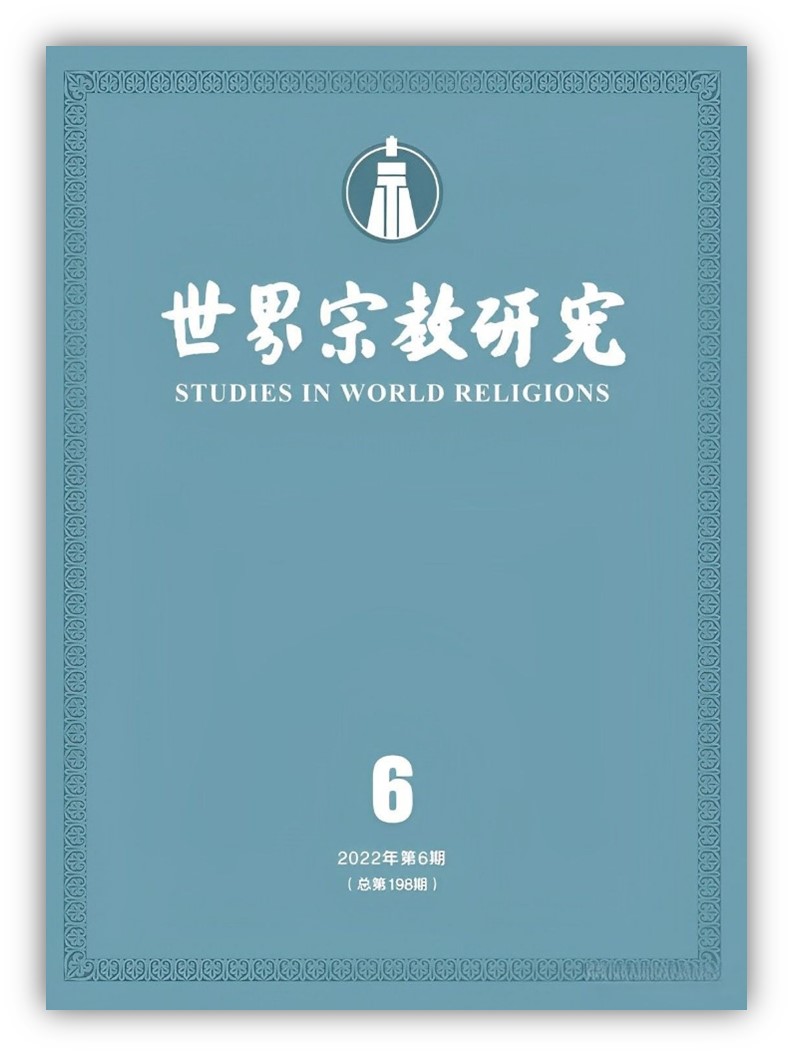
載《世界宗教研究》2022年第6期,第36-47頁
【摘要】根據本文作者過去的研究,東晋末劉宋初出現的道教靈寶齋主要是以行道爲核心的一種集體法會儀式,舉行期間所有參與者須奉持類似於佛教戒律的系列戒條。靈寶齋是古靈寶經借鑒源出印度佛教布薩制度的漢傳佛教齋法創立的,其中融攝了中國本土道教的天師道和方士儀式成份。王承文在其近著《漢晋道教儀式與古靈寶經研究》中提出了與筆者完全相反的觀點。一方面,他竭力證明古靈寶經中的時節齋或靈寶齋源出中國本土宗教;另一方面,他認爲漢傳佛教的時節齋乃仿效中國本土宗教齋法而制立。本文從三個方面反駁王說,期望通過深入的討論推進中古佛道關係的研究。
【關鍵詞】 靈寶齋 古靈寶經 布薩 道教 佛教
【作者簡介】呂鵬志,西南交通大學人文學院教授
A critical analysis and debate on the origins of the Lingbao fast
Abstract According to the author’s previous studies, the Daoist Lingbao fast, which appeared around 400, is a collective ritual that has the rite of Walking the Way as its core and that requires participants to observe a series of rules much like those of Buddhism. Building on the Sinifed uposatha of Indian Buddhism, in combination with the Daoist rituals of the Heavenly Masters and the fangshi tradition, this ritual was created by the ancient Lingbao scriptures. However, in his recent work Han Jin daojiao yishi yu gu Lingbao jing yanjiu, Wang Chengwen holds an exactly opposite view of the origins of this ritual. He insists that the periodic fasts or the Lingbao fast derives from native Chinese religion, and that the periodic fasts in Chinese Buddhism imitate the latter. This article critiques Wang’s view from three angles with a large amount of textual evidence, aiming at developing the study on the Buddho-Daoist interaction in medieval China.
Key words Lingbao fast; ancient Lingbao scriptures; uposatha; Daoism; Buddhism
![]() Pengzhi Lü,A critical analysis and debate on the origins of the Lingbao fast.pdf
Pengzhi Lü,A critical analysis and debate on the origins of the Lingbao fast.pdf
(來源:呂鵬志)
返回列表


